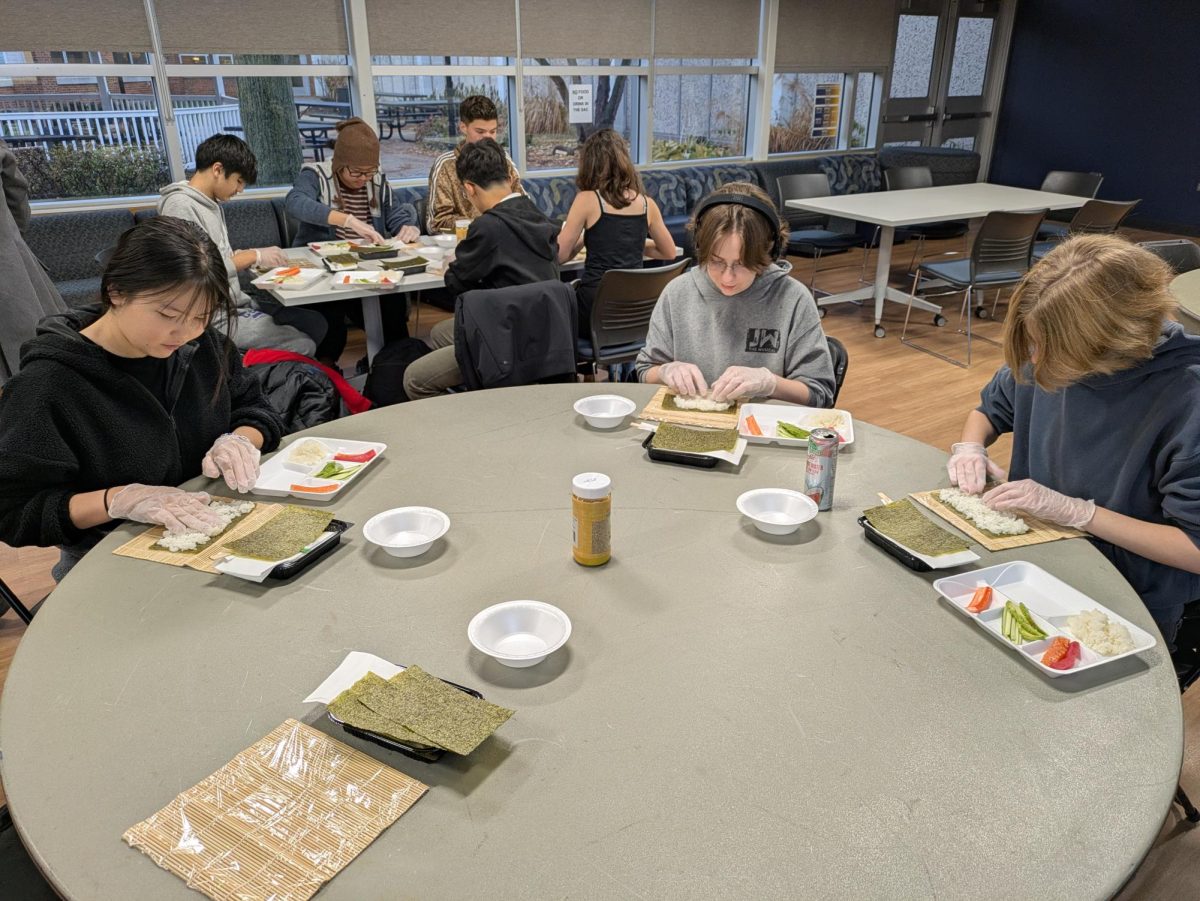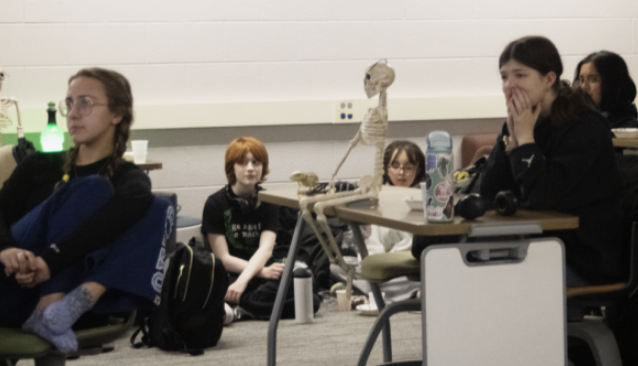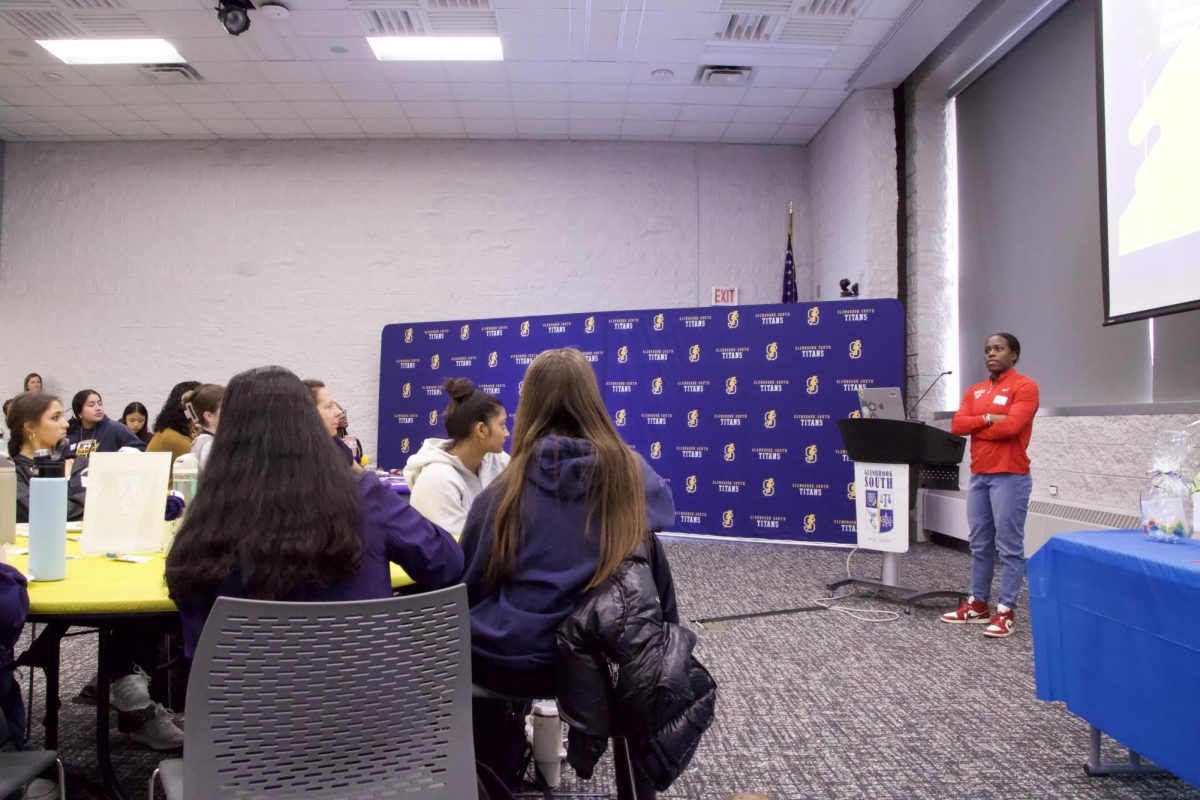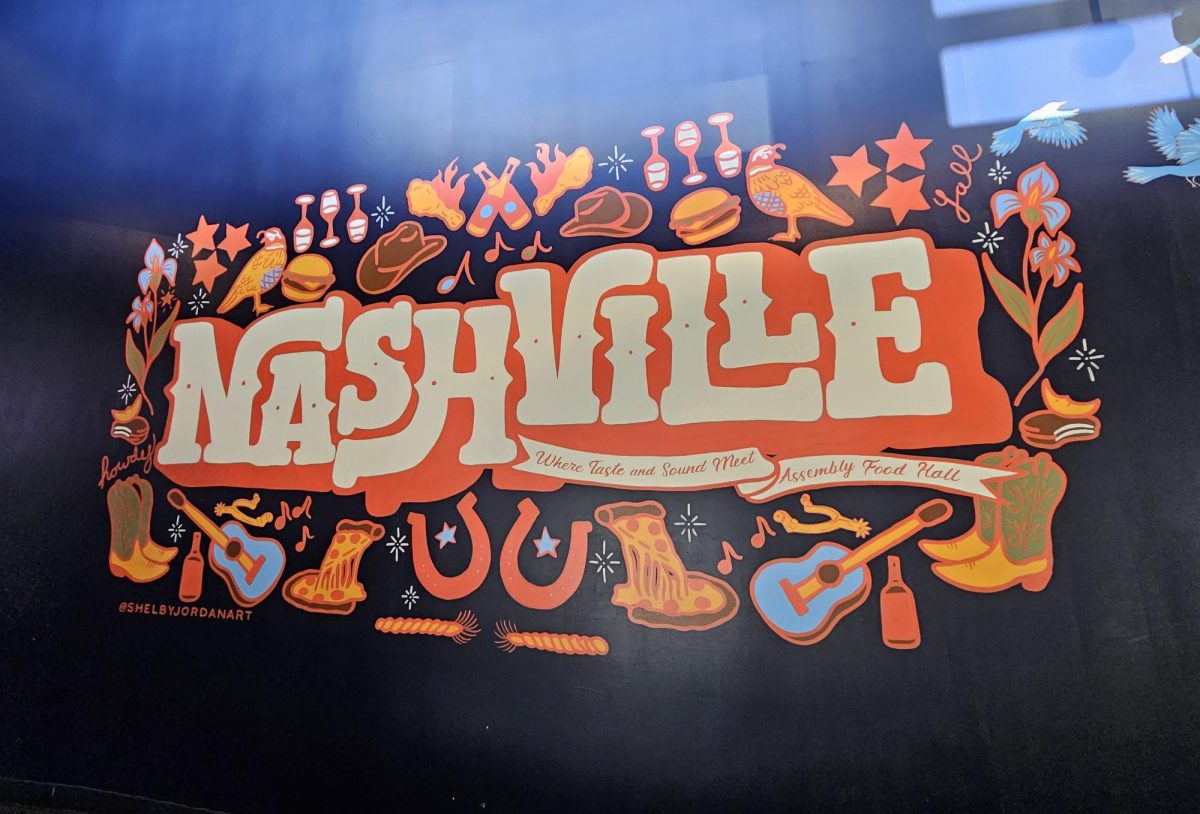Students at South believe in and practice a vast range of religions, spanning from the most common in the world to some of the most obscure. Those who don’t adhere to the world’s most popular religions experience different ways of socializing and coexisting with others, according to senior Benya Chongolnee.
According to Chongolnee, she converses with people about her religion, Buddhism, especially when they are interested in learning about it.
“It makes a very good conversation, even if you’re not trying to convert someone,” Chongolnee says.
Chongolnee moved from Thailand to the U.S. at the age of 12. While Chongolee is kept company by six percent of the world’s population in her following of Buddhism, according to data collected by the Buddha Dharma Education Association, Chongolee’s religious beliefs are shared by few at South. Chongolee conveyed what it was like to be among the handful of GBS students that follow Buddhism and also what it is like to be part of a group of friends that have different religious beliefs from her.
According to Chongolnee, following Buddhism has been hard for her and her family due to the lack of Buddhist temples nearby, which forces them to schedule visits to a temple. When Buddhist holidays arrive, celebrating is not as exciting as they would have been in Thailand, says Chongolnee.
“Since we do not get Buddhist holidays off here, my family rarely does anything special during them,” Chongolnee says.
Chongolnee also misses the festivities that she was able to celebrate in Thailand when she had lived there. She describes the feeling she gets when she sees her friends from Thailand posting pictures of places she had gone and temples she had visited.
“I miss going to the temple because of the feelings I get,” Chongolnee says. “Buddhist temples here are nowhere as nice as the ones in Thailand. Especially during the holiday, all of my friends would post pictures of them going to the temples which makes me miss it even more.”
Sophomore Reagan Trapp follows Mormonism and described the stereotypes, how she faces them and clarified not only her beliefs but also what Mormonism actually is. According to Trapp, she knows of seven students other than herself who are Mormon at GBS.
Globally, these religions are not widely known about as followers of them believe they should be. According to Chongolnee, when explaining or describing Buddhism and Buddhist traditions, she has gotten surprising reactions.
“I find it amazing how people find my religion amusing!” Chongolnee says.
Trapp said that although Mormonism restricts her from certain daily practices and activites the majority of South students view as normal –– drinking coffee or tea, listening to rap –– it is what she believes in.
“When you stick up for your belief and practice what you believe in, no one [should] put you down for that,” Trapp said.














